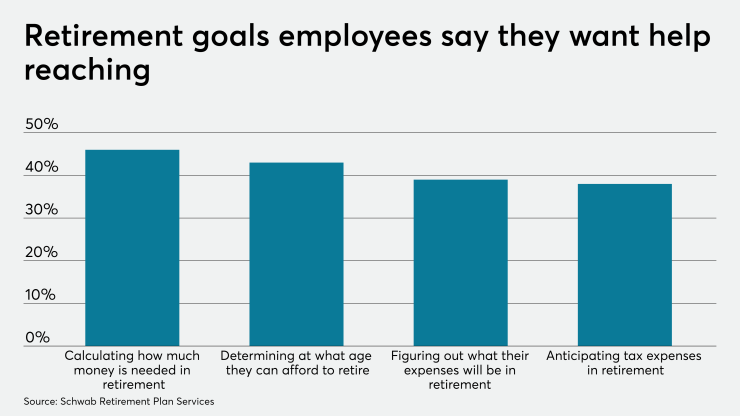Welcome to Retirement Scan, our daily roundup of retirement news.
Workers who hold target-date funds in their 401(k) or 403(b) could potentially hurt their bottom line if they add other investments in the retirement portfolio, according to a Morningstar report in this CNBC article. That’s because holding more investments other than the TDF could significantly diminish the fund’s efficacy, according to the report. “Less efficient portfolios means lower realized returns,” says David Blanchett, who wrote the report, adding that TDFs should be treated as an “all or none investment.”
Relocating in retirement is a good option for seniors if they live in a place with a very high cost of living, according to this article from Motley Fool. Moving to a locality with public transportation is also a great idea if their current location is somewhere where automobile ownership is a necessity. Seniors should also consider relocating if they want to avoid high income or property taxes or taxation on their Social Security benefits.
Savers tend to pay much attention to certain milestone ages as they plan for retirement, except age 70 when they will start taking required minimum distributions from their traditional retirement accounts, an expert from Kiplinger writes. This could pose a problem, as RMD withdrawals are taxed as ordinary income, he explains. “And, without proper advance planning, these withdrawals could blow a hole in a retiree’s income and tax strategies.”
Workers are advised to identify an advisor in their will to ensure that there will be a person available to handle the financial aspects of their estate after they pass away, an expert from MarketWatch writes. “The executor’s assignment is financial in nature: identify the estate’s assets, pay off the debts, and distribute the remainder to the rightful heirs and beneficiaries,” according to the expert. “The executor is also responsible for filing tax returns and paying tax liabilities.”







